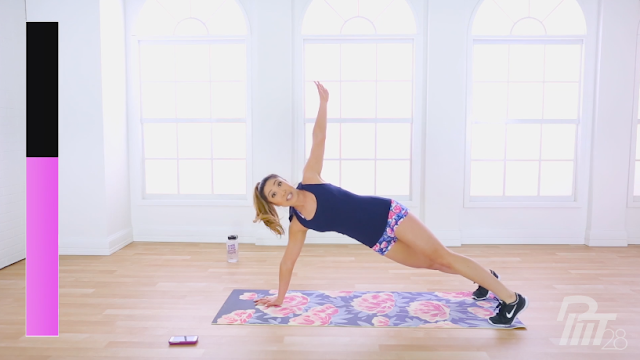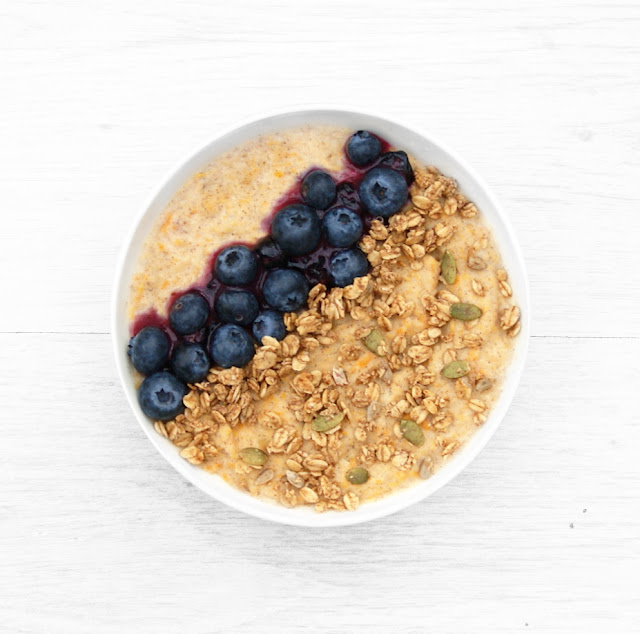There is so much varied information around the topic of getting fit that you can be forgiven for not quite knowing where you stand, let alone where to begin. The truth is that, in order to get in shape, you need to first have a clear idea of what that actually means - and even that is something which a lot of people struggle with. We’ll look into that shortly, but for now it’s also worth noting that if you want to get fit you are going to need to keep to the basics, focus on what really works, and adopt a keen sense of patience. If you can do that, and follow some of the guidance in this article, you should find that you are able to get much fitter in no time at all
What is 'fit'?
'Getting fit' is a phrase which, in itself, might not mean much to you at all. Or, at any rate, it is something which you will find varies a lot, and you need to be able to get a clear idea on what it is that you mean by it if you are to know what to do. If nothing else, this gives you a specific goal to work towards, which in turn will absolutely make it much more likely that you can succeed with whatever you try to do. So what is it that you might mean when you say that you want to get fit?
For some, 'fit' means getting into shape - or, in other words, looking good naked and clothed. If this is the kind of goal you are aiming for, you will focus on a mixture of muscle training to sculpt, and cardio & HIIT to blast fat - the combination of which is the most effective. Diet and adequate macro levels (appropriate amounts of protein, fats and carbs) are also crucial here - it's all too easy to eat too little and significantly hamper your results.
Alternatively, for some, 'fit' means simply being healthier within their body, in which cast cardio may become more prominent, though lifting weights is still proven to be key to a longer, healthier life with its links to bone health.
And, for others, it just means feeling that their body is working more efficiently and pushing it to see what it can do. In which case, HIIT and cross training might be for you.
As you can see, what you want will affect what you need to do, so it’s a good idea to be clear on this as soon as you can, so you know what direction you need to move in.
Finding A Plan
First of all, it is also important to note that if you are usually sedentary, any
exercise will yield results to begin with. Naturally going from not
moving to moving will burn more calories and challenge both your body and co-ordination. Therefore, you don't need to
start with anything too crazy. However, over time, the results will slow and your body will adjust, meaning that you will need to start branching out and looking for the things that work for you. But also remember that part of what makes something work for you is enjoyment. If you hate a workout, effective or not, you're going to struggle to stick to it or give it the level of power it needs (a consistent jog compared to scuffing your feet as you go), and you'll struggle to get the results. This is where changing your workout every 1-2 months is a good idea. Through this process, I tried a lot of different things and discovered a love for kickboxing and weight lifting, having tried dance, Pilates, barre, kettlebells, rebounding and so on.
Knowing what to look for is important here, so try to find plans which have a decent increase rate - that require more effort every week or so - but not so much that you struggle with it too much. Also be on the lookout for plans which are specifically designed to work for the goal you have in mind. If you can do that, you should be able to find a plan in no time, and it’s something to think about as early on as you can. Having a good plan is essential to getting fit in good time and without causing yourself too much strain.
Hiring A Personal Trainer
If you have never had a personal trainer, it can be hard to appreciate just how valuable they can be. The truth is that a personal trainer is often the key to ensuring that you keep at it, that you are doing all the right things to get where you need to go, and that you're doing them correctly. They will know the exercises you need to do, how long you need to do them for, and be able to advise on what to supplement your workout with, how to eat and everything in between. This is all the kind of information you need if you are to succeed because they can defend you against the usual pitfalls - over-training, under-eating, or even the opposite: working out at a lower rate than you think you are and eating more than you think. If you are thinking of trying to find a personal trainer who can help you, check out OriGym - https://origympersonaltrainercourses.co.uk/blog/find-personal-trainer for more information. You should find that there are some things there which are hugely important to consider, wherever you seek one.
Diet
News flash: this doesn't mean cutting carbs, fats, jumping onto fads or celebrating when you feel hungry for a straight 2 hours+
'Diet' actually just means 'general eating habits' - and it's most important to note that 1: you can't out-exercise a bad diet, and 2: food is fuel.
As long as you are not eating properly, it doesn’t altogether matter what exercise you are doing or how much of it you are doing. You need to therefore make sure that you are aware of what a good diet entails, and this is a tricky area for many people to look into. Nutrition varies massively from individual to individual, so it is hard to find globally universal facts which you can take on board. Take a look at BBC Good Food for their guidelines on balanced diets for men and women for some ideas which might help.
In general, however, you should aim to eat plenty of whole foods, with 35-40% of your diet coming from complex carbs. If you can do that, you will be doing what you need to keep healthy. Bear in mind that if you want to build muscle, you might want to increase your protein a little, but you don’t even need to do that much to see results. All myths aside, the optimum amount of protein to consume while trying to build muscle is about 0.75g per 1lb body weight (1.5g per 1kg). Any more than that has proven redundant. As long as you get your diet right, you will find that you get fit much sooner - whatever that means to you.
In general, however, you should aim to eat plenty of whole foods, with 35-40% of your diet coming from complex carbs. If you can do that, you will be doing what you need to keep healthy. Bear in mind that if you want to build muscle, you might want to increase your protein a little, but you don’t even need to do that much to see results. All myths aside, the optimum amount of protein to consume while trying to build muscle is about 0.75g per 1lb body weight (1.5g per 1kg). Any more than that has proven redundant. As long as you get your diet right, you will find that you get fit much sooner - whatever that means to you.




0 comments:
Post a Comment
I do read every single comment, and I will try to respond where I can. If you have an important question about my blog or my shop, however, then you might be better off contacting me directly by email. Thanks so much for reading my blog!